15:13, 29/05/2023
On the morning of May 29, continuing the 5th session under the chairmanship of National Assembly Chairman Vuong Dinh Hue, the National Assembly held a plenary session at the Hall to discuss the mobilization, management and use of resources for COVID-19 prevention and control; the implementation of policies and laws on grassroots health care and preventive medicine.
Presenting the Report of the National Assembly's Supervisory Delegation, Chairwoman of the National Assembly's Committee on Social Affairs, Deputy Head of the National Assembly's Supervisory Delegation Nguyen Thuy Anh said that as of December 31, 2022, the total amount of money mobilized to directly serve the work of epidemic prevention and control and implementation of social security policies was about 230 trillion VND. Over 11.6 trillion VND has been mobilized into the COVID-19 Vaccine Fund. About 259.3 million doses of COVID-19 vaccine have been received. Millions of volunteers, especially medical staff, officers and soldiers of the armed forces, have directly participated in the frontline of the fight against the epidemic.
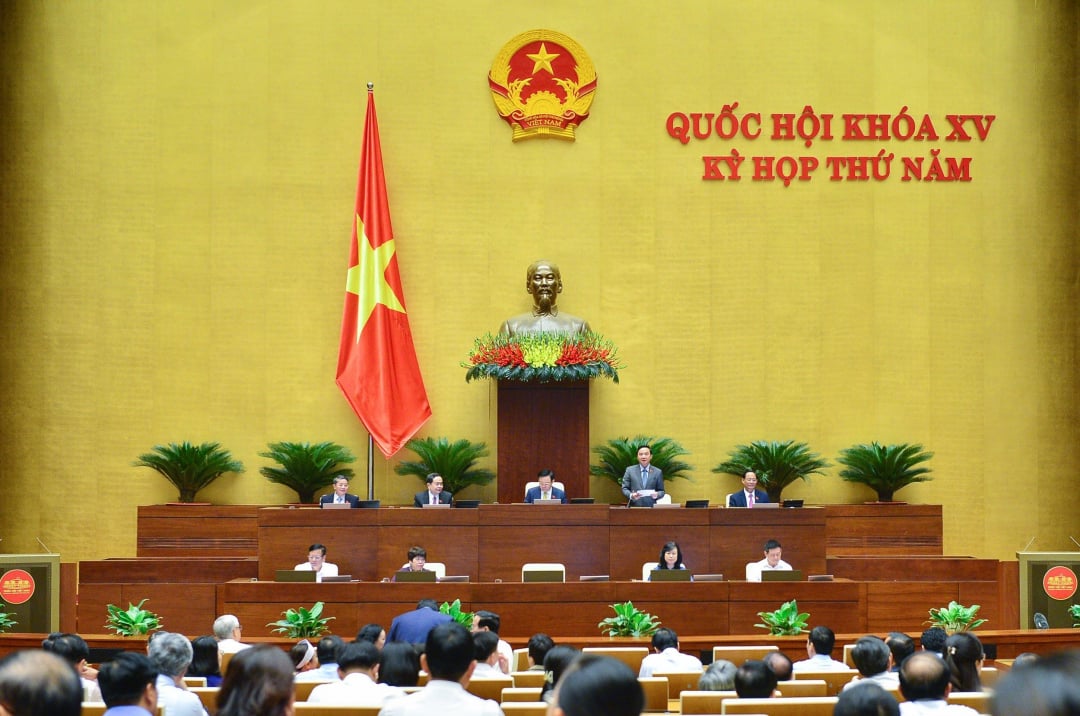 |
| Plenary session on the morning of May 29. Photo: quochoi.vn |
People from all walks of life, the business community, governments of various countries and international organizations have directly participated in the fight against the pandemic and contributed their efforts, money, goods and many other contributions in various forms, including many contributions and support that cannot be quantified in money.
Through monitoring, it is shown that the management, use, payment and settlement of resources for epidemic prevention and control have basically been implemented in accordance with the issued policies and guidelines. In particular, support has been provided to people, employees, employers and business households affected by the COVID-19 pandemic; policies and regimes have been implemented for frontline forces and other forces participating in the fight against the epidemic; COVID-19 vaccines have been purchased; research and testing of COVID-19 vaccines have been supported; testing kits have been purchased; medical equipment, supplies, drugs and biological products have been purchased; medical examination, emergency care and treatment of COVID-19 patients have been paid for; screening, admission and medical isolation have been provided; new construction, repair and upgrading of COVID-19 treatment facilities, quarantine facilities, field hospitals have been supported, etc.
In addition to the achieved results, the Monitoring Delegation also pointed out shortcomings and limitations in mobilizing, managing and using resources to serve the work of preventing and fighting the COVID-19 epidemic, such as: the current legal system does not cover everything, and has not been able to regulate the relationships and situations that arise.
The management, use, payment and settlement of epidemic prevention and control funds from the state budget during and after the peak period of epidemic prevention and control are still delayed, causing many difficulties and problems but have not been resolved promptly and thoroughly.
The management and coordination of social resources are sometimes limited, confusing in organization and implementation, and ineffective. There have been serious violations in mobilizing, managing and using resources for epidemic prevention and control...
Regarding the results achieved in implementing legal policies on grassroots health care and preventive medicine, Chairwoman of the National Assembly's Social Committee Nguyen Thuy Anh said that through supervision, it was shown that the institutionalization of the Party's guidelines and policies, the system of legal documents related to grassroots health care and preventive medicine were issued relatively comprehensively, synchronously and gradually improved to suit the requirements of tasks and the actual situation.
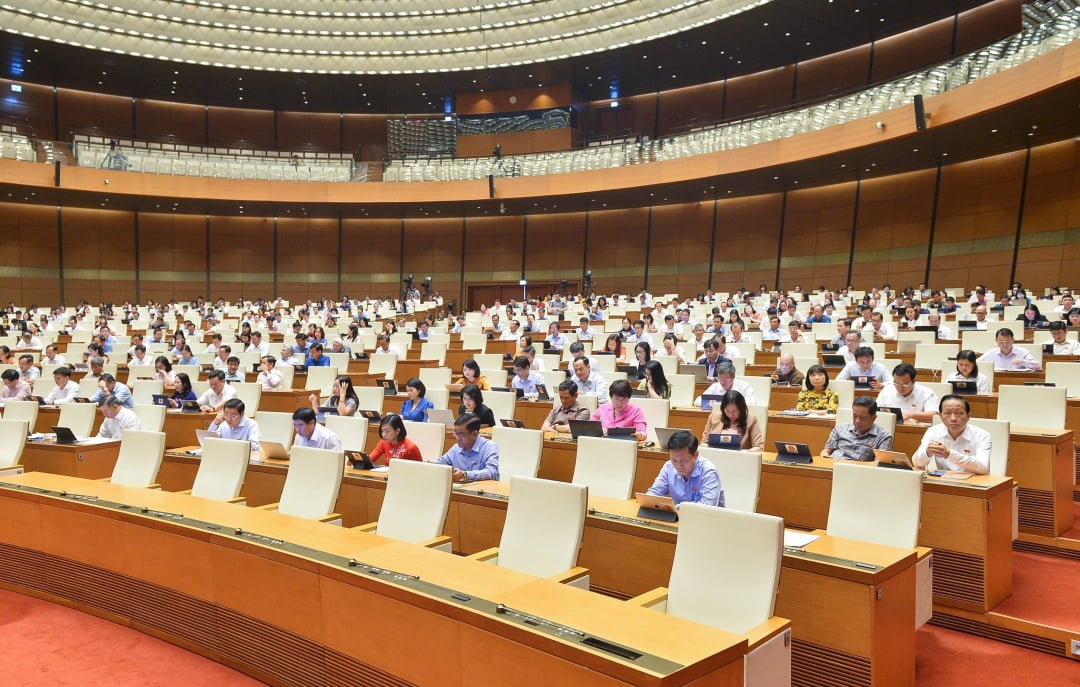 |
| Delegates attending the meeting. Photo: quochoi.vn |
In the period of 2018 - 2022, the implementation of policies and laws on primary health care and preventive medicine has achieved many positive results, playing an increasingly important role in the cause of protecting, caring for, and improving people's health and contributing significantly to the success of disease prevention and control, especially the COVID-19 pandemic.
By 2022, the grassroots health network will be developed nationwide, 100% of district-level administrative units will have district health centers and district hospitals located in the area, 99.6% of communes, wards and towns will have health stations, 92.4% of commune health stations will have doctors, over 70% of villages and hamlets will have village and hamlet health workers. In addition, there will be tens of thousands of private clinics, private family doctor clinics, and private hospitals equivalent to district level.
The preventive health system has been improved and streamlined. By 2022, 63/63 provinces and cities have established Centers for Disease Control based on the merger of provincial preventive health centers.
The work of preventing and combating non-communicable and infectious diseases has achieved many outstanding achievements, leaving its mark in the international community with many "bright spots" such as Vietnam being one of the first countries to control SARS and influenza A(H1N1); controlling and repelling many dangerous epidemics; basically controlling HIV/AIDS and especially controlling COVID-19.
The shortcomings and limitations in implementing policies and laws on primary health care and preventive medicine were also pointed out by the Monitoring Team, including: inadequate awareness of the role of primary health care and preventive medicine; The organization of the primary health care system has not been truly stable, having undergone many changes, the management model of district health centers has not been implemented uniformly nationwide; Although primary health care and preventive medicine human resources have been consolidated, they are still lacking in quantity and limited in qualifications and professional capacity; Investment in primary health care and preventive medicine is still inadequate and not commensurate with the viewpoint that "preventive medicine is the key, primary health care is the foundation", some localities have a rate of expenditure on preventive medicine that has not reached 30% of the total state budget expenditure on health according to Resolution No. 18/2008/QH12 of the National Assembly.
The monitoring delegation pointed out the causes of problems, limitations and responsibilities in mobilizing, managing and using resources for COVID-19 prevention and control; the implementation of policies and laws on grassroots health care and preventive medicine; and presented lessons, solutions and specific recommendations for the National Assembly, the Government, ministries, branches and localities.
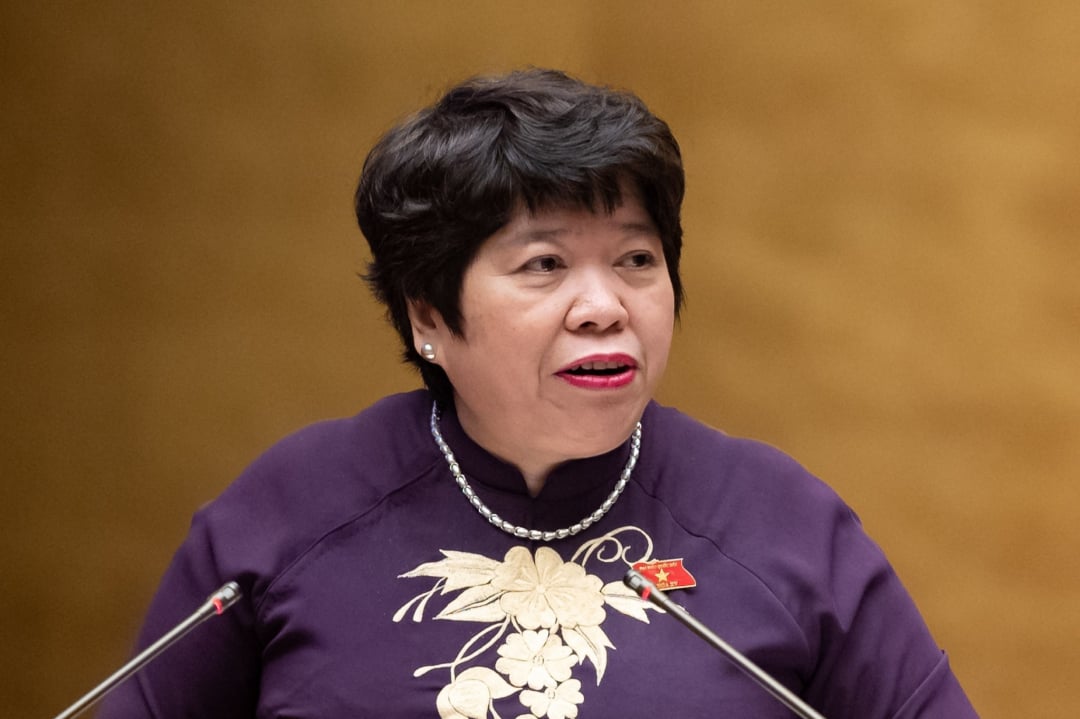 |
| Chairwoman of the National Assembly's Social Committee and Deputy Head of the National Assembly's Supervisory Delegation Nguyen Thuy Anh presented the National Assembly's Supervisory Report. Photo: quochoi.vn |
Speaking at the meeting, delegates agreed with the contents of the National Assembly's Supervisory Delegation's Report on the mobilization, management and use of resources for COVID-19 prevention and control; the implementation of policies and laws on grassroots healthcare and preventive medicine.
From the perspective of participating in monitoring this content locally, the delegate said that the COVID-19 pandemic has created unprecedented circumstances, many issues have arisen that have not been regulated, or if there are guidelines, they have not been unified or synchronized... Therefore, according to the delegate, the current resolution must also be placed in this context to have appropriate handling directions.
Regarding preventive medicine, the delegate said that the task of developing preventive medicine is the biggest challenge in the current period. According to the delegate, increasing salaries, building beautiful facilities, and buying machinery cannot solve the root of the problem. Because salaries cannot increase forever. Spacious facilities without patients. Modern machinery that no one knows how to use. Ultimately, it is a huge waste.
The question is, how can a system that has been painstakingly built for many generations not shrink and completely lose its treatment function? The delegate stated that it is necessary to test a new model, considering commune and ward health stations as clinics of the district health center. Human standards are the same for both patients and medical staff. Doctors from the district health center will have fixed outpatient examination sessions in communes and wards. Especially for chronic non-communicable diseases such as blood pressure, diabetes, chronic obstructive pulmonary disease; there will also be examination sessions on obstetrics and pediatrics to advise patients to go to the right address for examination and treatment...
At the same time, assign more authority and responsibility to the Head of the health station to encourage them to develop their strengths. Once the operation is smooth, the next step is to coordinate between provincial hospitals and district health centers. According to the delegate, digitalization of the health sector including health management and remote medical examination and treatment will be the key to success for the primary health care system.
The delegate also pointed out that due to the lack of specific guidance when changing, it led to a lack of unity and differences in the organizational models of district health centers and commune health stations. The conditions of drugs and medical equipment at commune health stations are not guaranteed to perform the assigned tasks. Therefore, the rate of health insurance examination and treatment at commune health stations out of the total number of health insurance examinations and treatments at all levels of technical expertise nationwide has decreased (from 19.8% in 2017 to 14.6% in 2022). This is something that is worth considering in order to find solutions, the delegate emphasized.
In addition, it is also necessary to mention the situation of human resources and capacity of primary health care facilities that do not meet the requirements of the task. The treatment regime for medical staff and employees still has many shortcomings.
Stating that it is necessary to strongly innovate the mechanism and operation methods of commune-level health care to fulfill its role as the frontline in disease prevention and health care for the people, the delegate noted that it is necessary to clearly institutionalize the scope of district-level health care, commune-level health care and village and hamlet health care associated with the specific functions and tasks of each level. Determining the relationship between current health care levels is stipulated in Resolution No. 20 and the Law on Medical Examination and Treatment 2023. In particular, it is necessary to clarify the functions and tasks of grassroots health care levels with 3 levels of technical expertise: initial, basic and specialized. Clearly define the functions, tasks and organize the system of commune, ward and town health stations in accordance with the scale, population structure, socio-economic conditions, and people's ability to access health services. Organizing the activities of commune health stations is associated with promoting comprehensive management of personal health, management of chronic diseases, non-communicable diseases, and community nutrition; Linking school health activities with commune health stations.
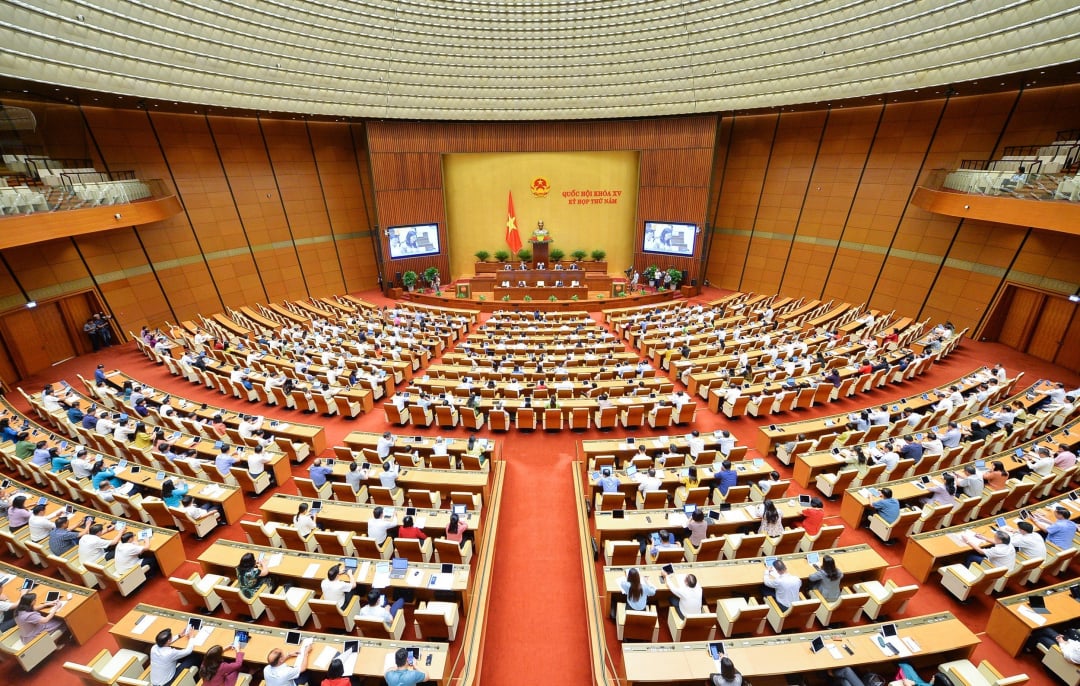 |
| Overview of the working session. Photo: quochoi.vn |
In addition, it is necessary to pay attention to innovating the financial mechanism and payment mechanism of the health insurance fund in the direction of increasing expenditure on grassroots health care. Innovating policies and methods of training and fostering; improving the capacity of grassroots health workers, especially those working at commune health stations. Implementing reasonable mobilization and rotation of doctors and health workers to examine and treat health insurance patients at commune health stations.
The delegates recommended that, in order to contribute to overcoming the situation of medical staff quitting their jobs and changing jobs, which has been of great concern to the people and voters in recent times, it is necessary to pay attention to solutions to increase income, ensure salaries, allowances, satisfactory treatment and personal development for medical staff in general and grassroots medical staff in particular, commensurate with the specific nature of the work and task requirements in the new situation.
In order for preventive medicine to become systematic and effective, to achieve the goal of moving towards a fair and effective Vietnamese healthcare system, delegates proposed to strengthen the guarantee for preventive medicine to receive 30% of the health sector's budget in accordance with the spirit of Resolution 20 of the Central Executive Committee.
It is proposed that the Government continue to study the central budget to support localities, especially localities that still have difficulties in collecting budget for preventive medicine in general and the expanded immunization program in particular.
In the immediate future, it is necessary to immediately allocate nearly 5,000 billion VND and have solutions to remove difficulties and obstacles to disburse 14,000 billion VND of the investment recovery program for grassroots health care and preventive health care to meet the set tasks, ensuring the spirit that preventive health care is the key, grassroots health care is the foundation...
Lan Anh (synthesis)
Source link





![[Photo] Vietnam and Sri Lanka sign cooperation agreements in many important fields](https://vphoto.vietnam.vn/thumb/1200x675/vietnam/resource/IMAGE/2025/5/5/9d5c9d2cb45e413c91a4b4067947b8c8)


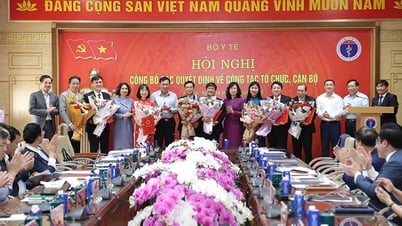

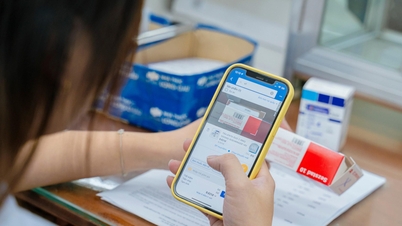

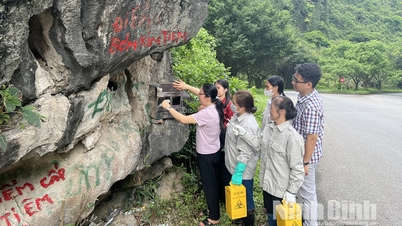

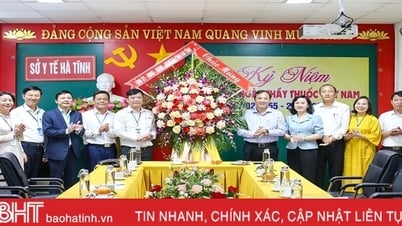
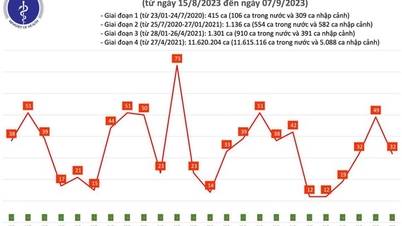




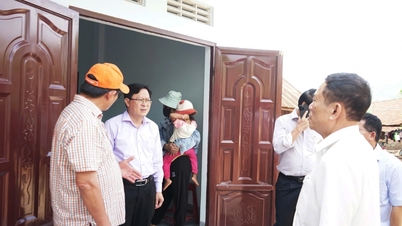











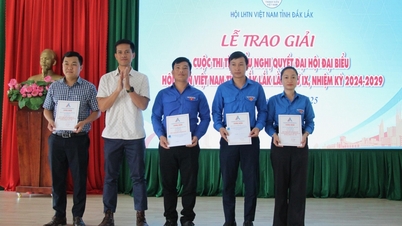
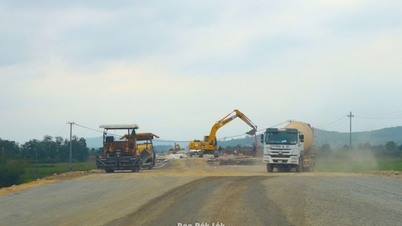






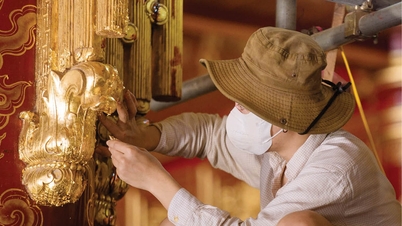





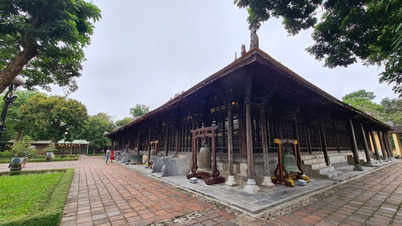


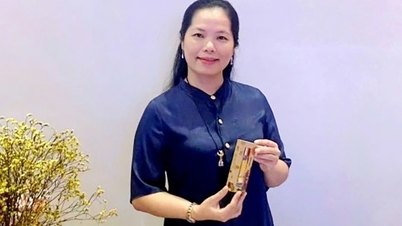

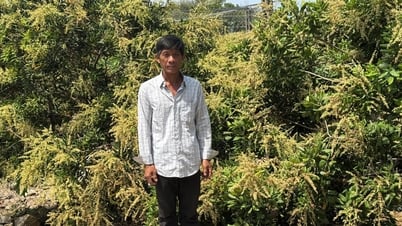














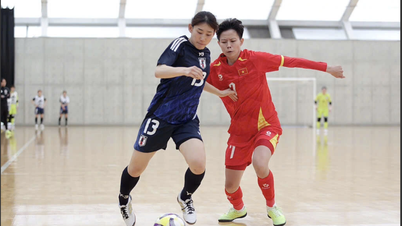
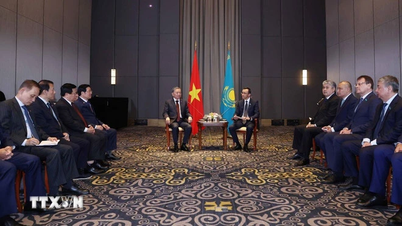

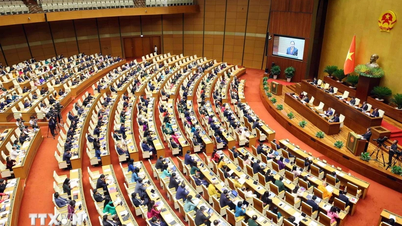












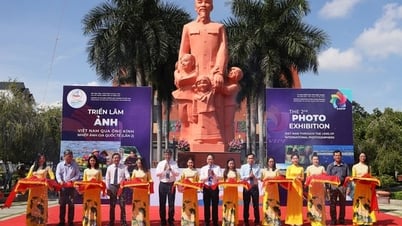


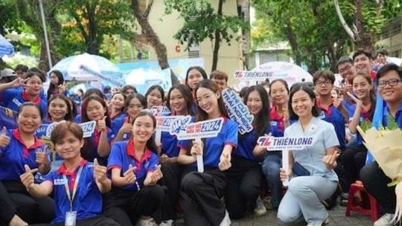









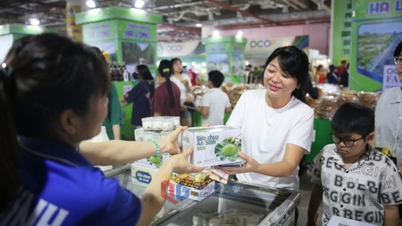

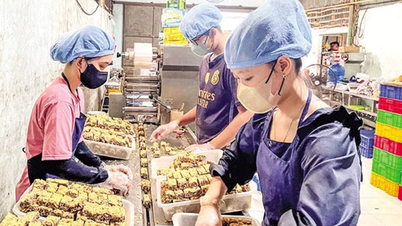



Comment (0)